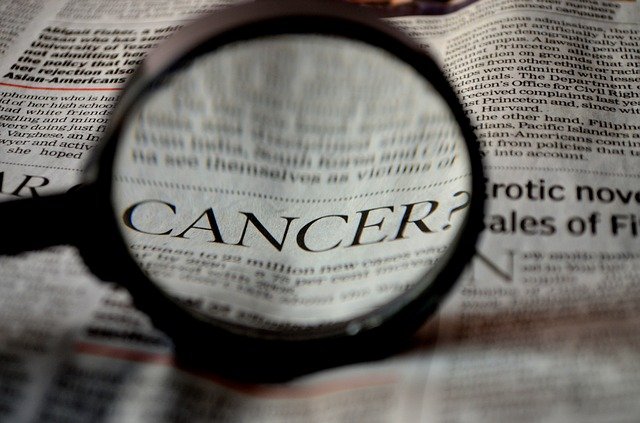
Singapore – The U.S. Food and Drug Administration (FDA) announced the approval of a new, cutting-edge gene therapy that reprograms a patient's immune system to find and kill cancer cells. This highly personalized therapy known as Kymriah (previously CTL019 or tisagenlecleucel-T) signifies the promise of CAR (chimeric antigen receptor) T-cell immunotherapy, an approach that The Leukemia & Lymphoma Society (LLS) recognized early on held great promise for blood cancer patients.
LLS invested more than $20 million in research for this ground-breaking advance over the past two decades through multiple grants awarded to Carl June, M.D., and his team at the University of Pennsylvania and Children's Hospital of Philadelphia, who pioneered this treatment. Novartis licensed the therapy from Penn in 2016.
After receiving a unanimous recommendation from a review panel in July, the FDA approved Kymriah for the treatment of pediatric and young adults 25 years of age and younger with relapsed or refractory B-cell acute lymphoblastic leukemia (ALL). More than 3,100 children and adolescents per year are diagnosed with ALL. The overall survival for ALL in children exceeds 85 percent, with these children undergoing between two and a half to three years of intense chemotherapy treatments. However, even patients who achieve an initial response to standard therapy will eventually relapse, and the prognosis is extremely poor for these patients. This CAR-T therapy is designed for those patients who have not responded to multiple previous treatments or are unable to remain in remission from their cancer.
"This is truly an exciting new day for cancer patients," said Louis J. DeGennaro, Ph.D., LLS president and chief executive officer. "LLS recognized the promise of this innovative approach to treatment nearly 20 years ago. We first began to see remarkable outcomes for some of these patients in 2010 leading us to increase our funding of CAR-T therapy by supporting more than 10 major laboratories developing this method. We at LLS are extremely gratified to witness this lifesaving treatment approved so it is accessible to even more patients who desperately need new options."
The FDA's approval of Kymriah is based on positive data from a clinical trial showing that 83 percent of the patients treated achieved a complete response rate.
LLS is now funding the next generation of CAR-T therapy, where we anticipate the method will be useful in many different blood cancers, and perhaps even other major tumors that are difficult to treat such as brain, lung and colon cancer.




